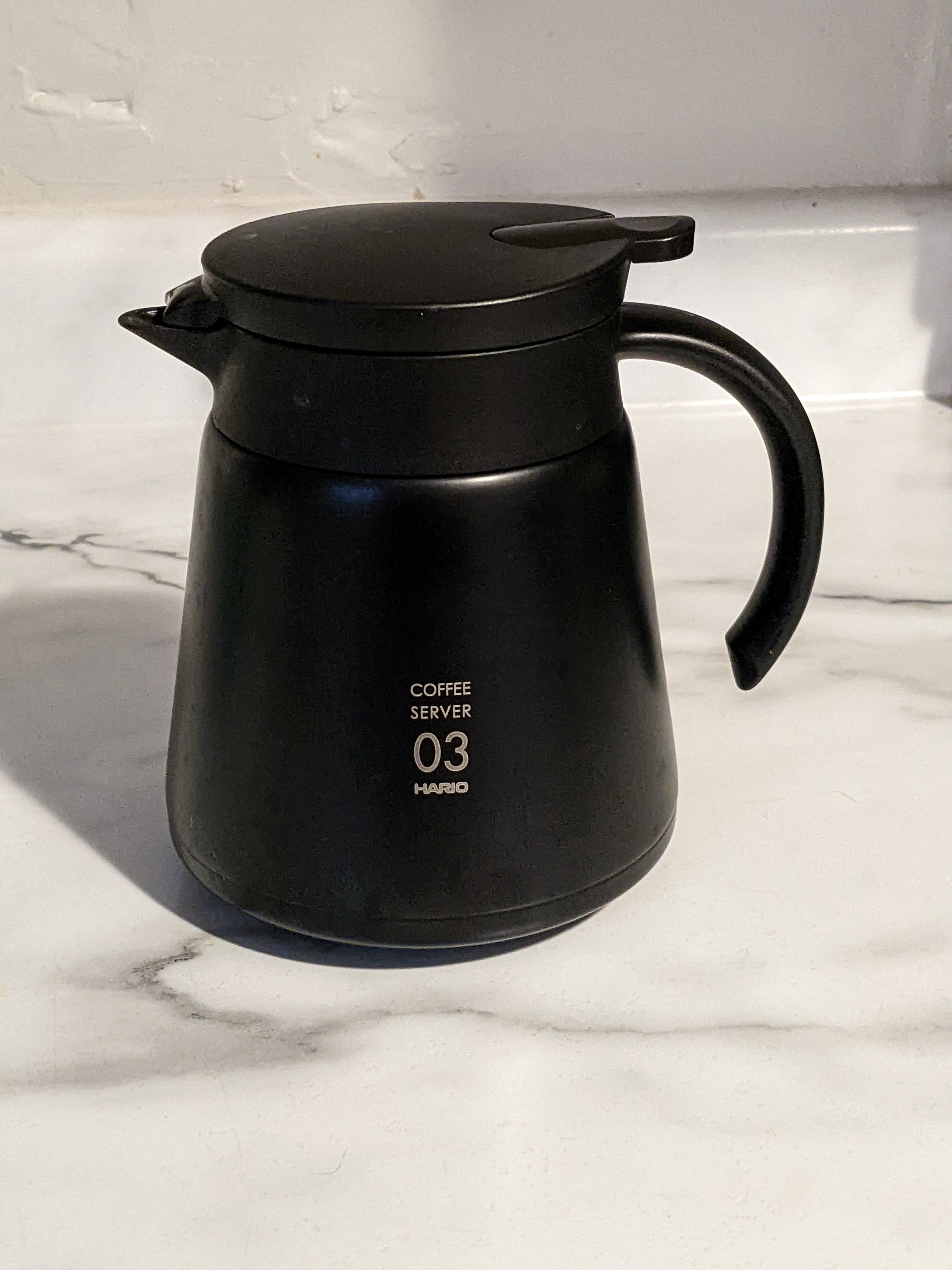I've been meaning to get into some image generation type things too. The best self hosted tool I know of is InvokeAI. I'm sure there could be a whole other post (or other community) about image generation tools.
I use todo lists for groceries. So getting things setup on nextcloud and then mobile devices with any caldav compatible app is pretty easy. We have a couple shared lists.
You can use tasks.org for android and reminders for iOS.
I've been using micromamba/mamba and not had solving issues like I did with conda. Im glad conda integrated libmamba.
Question: why were docker containers deemed security risks?
I recently built a site with hugo. Its very easy. You pick a theme, then write some markdown files. And when you need flexibility, you have it for later. I also think it's the most popular right now, which lends to a lot of themes to pick from and a lot of cpmmunity support.
There are a few out there, but this is the one I use by GermanBread: https://github.com/GermanBread/declarative-flatpak
Edit: this is probably worth making its own post about
I use a declarative flatpak flake that lets me install flatpaks declaratively. You could use this as well, in case you want to manage the flatpaks in your configuration.
Which app menu? I use gnome and after a restart I see my flatpak apps in my app drawer.
According the docs, support for intel and amd graphics is supported out of the box. For nvidia, you can pass --nvidia to the distrobox create command and enable functionality. So yes it does!
Thats a great idea. Theres lots of Foss cad tools, and Im sure they have plenty of flexibility even when contrained to 2d.
Really love the side panel. I dont see those done vertically very often, and yours looks good.
Can you share pics with this door? How do you walk outside and have it lock behind you?

I forgot about Asesprite! Thats a great tool.
Aseprite was originally licensed under GPL but later made propretary. The fork of the last GPL version is called Libresprite but it doesnt have much activity, I dont think.